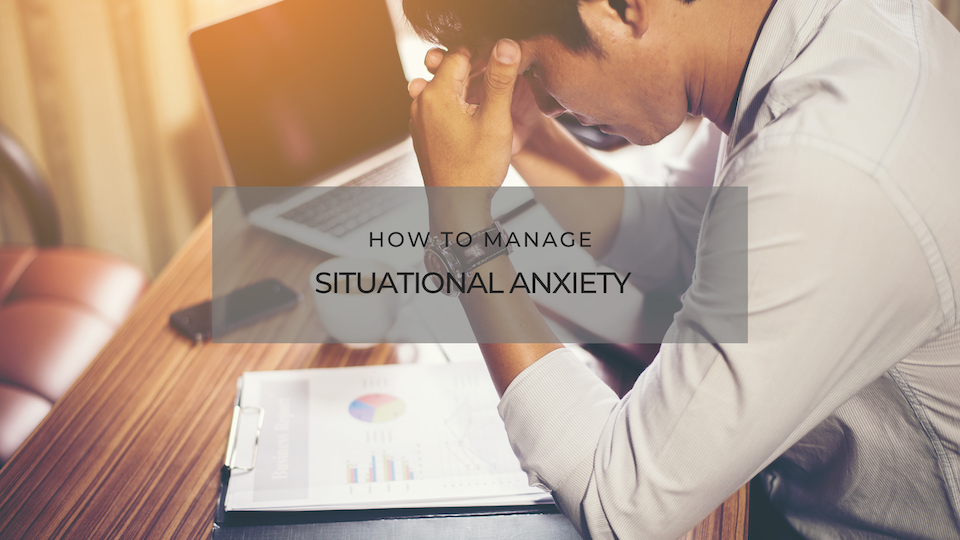Situation anxiety is the fear of being in a dangerous, uncomfortable, or impossible situation. Many things can cause it, but it’s often most severe in people who work in dangerous or uncomfortable jobs. Many times, managing situational anxiety can be difficult. But with the help of a therapist and some basics about anxiety, people can begin to manage their anxiety in a way that works for them.
How to Manage Situational Anxiety.
Identify the Cause
A variety of things can often cause situation anxiety. Sometimes it’s caused by a traumatic event, such as an accident or the death of a loved one. Sometimes it’s caused by something out of control, such as driving on a busy highway where one is not comfortable with driving or being in traffic for long periods of time. The best way to determine the cause of situational anxiety is to identify what is causing the situational anxiety and then eliminate that source.
Find Support
A person who has a generalized anxiety disorder (GAD) might find it challenging to find support because they feel like no one understands them. They don’t want anyone else to know that they suffer from this condition. But finding people who have experienced similar experiences can be helpful and give them someone who will understand the challenges that they face and someone who will encourage them when they need it.
Do Something Enjoyable
Some people have found that doing something that they enjoy can help to reduce their anxiety. For example, a person could try to read a book or watch a movie that they know they enjoy, which can help them relax and become less anxious.
Find Ways to Relax
Some people find that taking deep breaths or relaxing through meditation helps them overcome their anxiety when it happens. Other people find that taking a walk, listening to music, or even exercising may help them feel less anxious when situations cause them so much distress.
Eliminate Negative Thoughts and Self-Doubt
A person with GAD might think about how awful they are, escalating their anxiety even more than expected. A person should try and eliminate those negative thoughts from their mind by finding ways of thinking positively about themselves, such as telling themselves how good they are at doing something, rather than how bad they are at it. Also, trying to avoid self-pity, which might lead to self-doubt.
Try Medication
Some people find that taking medication for anxiety, such as anti-anxiety medication or antidepressants, can help them feel calmer and reduce their anxiety symptoms in the long run. However, some people find that taking medication is not an option for them because of side effects or because they don’t want to become dependent on it or have depression after stopping it. Some people have found that psychotherapy is a good option for them in those cases.
Practice Relaxation Techniques
Some people find that practicing relaxation techniques such as deep breathing exercises and meditation can help them relax and stay calm.
A person’s experience of anxiety and how they manage their anxiety might differ from another person’s experience. Some people find that exercising can help them relax, whereas others find that it doesn’t make them feel any calmer. In addition, it is important for a person with GAD not to try too hard in these techniques because they might make their anxiety worse.
Originally published on Herrick Lipton’s website.
